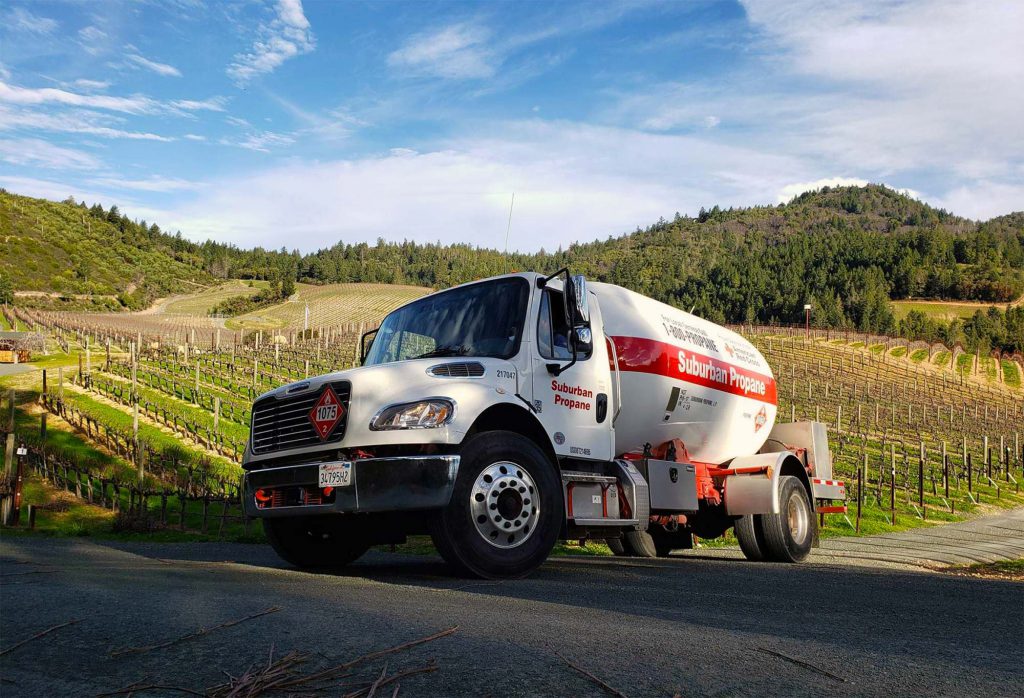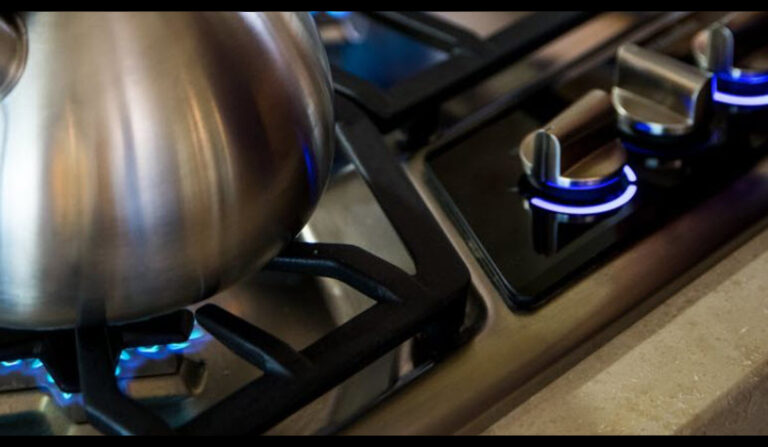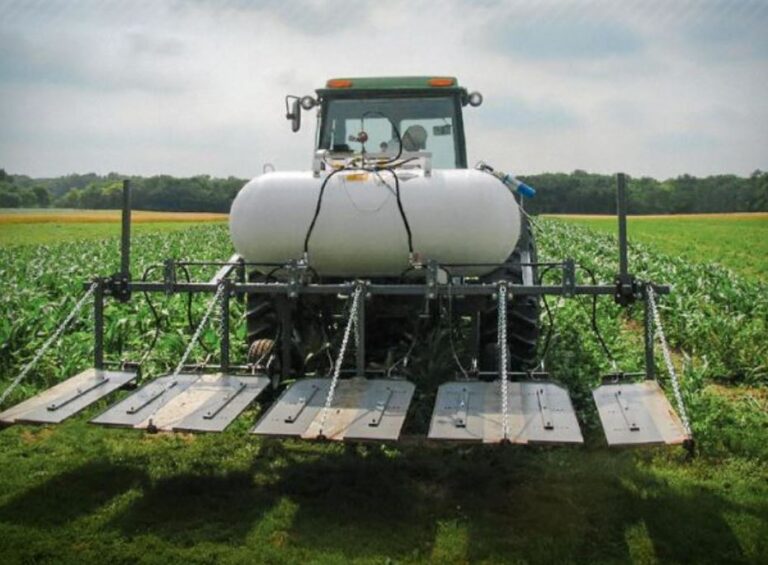Seven Ways Propane Supports Clean Air

Greenhouse gas (GHG) emissions get a lot of attention these days, and rightfully so. GHG-related climate change presents a terrific challenge requiring many solutions to come into play as quickly as possible. Propane’s contribution to the climate change conversation is a net positive and creates a wider path towards the goal of net zero emissions. It has a much lower carbon intensity than fuels like coal, diesel or gas; unlike natural gas, it contains no methane (fugitive methane is a real concern today); and, propane’s unique chemistry makes it a terrific coolant for refrigeration systems without the negative greenhouse effects of hydrofluorocarbons.
It’s National Clean Air month, however, so while talking about net-zero emissions is very important, it’s not the only clean-air topic. Air pollution closer to the ground is a serious problem too. As it happens, propane’s story in the clean-air space is just as good as it is in the GHG conversation.
Dirty air results when a category of emissions known as criteria pollutants interact with sunlight in the atmosphere to plug up the sky. These criteria pollutants include ground-level ozone, particulate matter (also known as soot), carbon monoxide, lead, sulfur dioxide (SOx) and nitrogen dioxide (NOx). To get cleaner air, we need to reduce criteria pollutants.
Seven Ways Propane is Making a Difference
Good news: propane has seven pretty awesome ways to make an immediate and positive difference:
- Propane water heaters use less source energy –– the energy used to generate grid electricity –– and generate fewer NOx and SOx emissions than conventional electric water heaters.
- Propane furnaces can reduce source energy use by up to 50% and produce significantly fewer SOx emissions than both electric furnace and electric heat pumps.
- Propane cooking ranges reduce source energy use, GHG emissions and SOx emissions compared to electric ranges.
- Propane irrigation engines have 8% lower greenhouse gas and 9% lower NOx emissions compared to diesel – and – reduce source energy use by 21%.
- Propane commercial lawn mowers reduce source energy use by 20%, with 19% lower NOx and 16% lower SOx emissions compared to gasoline.
- Propane forklifts reduce source energy use and associated SOx by 76% compared to electric forklifts. Compared to diesel-powered forklifts propane brings a 94% NOx reduction.
- More than 1.3 million kids ride the bus to school every week, so when the subject is clean air, school buses warrant special attention because today, 1,000+ school districts across the country have over 22,000 propane-powered buses in service.
Here’s why that’s good news:
Spotlight on School Buses
After more than a year of testing, researchers from West Virginia University concluded emissions measured from propane school buses are significantly lower than those from diesel buses. The study demonstrated that distance-specific NOx emissions measured from the diesel bus were significantly higher than those measured from the propane bus.
- For the city routes, which included city and highway roads, NOx emissions were 15 to 19 times higher for the diesel school bus. NOx was reduced by 95% with the propane bus.
- For the stop-and-go route, NOx emissions were 34 times higher for the diesel school bus. NOx was reduced by 96% and carbon dioxide by 13% with a propane bus.
Want another surprise? While not directly related to air quality, propane is the least carbon intensive school bus energy. In school buses, propane has a carbon intensity of 80. Diesel has a carbon intensity of 100 and electricity’s is 154.1 at the battery when grid-power feedstock, power generation, transmission and distribution and charging are considered.
Poor air quality can be harmful to school-aged kids, but really, it impacts people of all ages, especially those sensitive to air pollution including people with asthma or heart conditions. Reducing criteria pollutant emissions from things like heavy carbon vehicles and electric utilities can play a significant role in improving air quality.
As with GHG, one decision isn’t enough to solve the challenge of clean air. Billions of decisions are needed and each of us can help make them when it comes time to replace a water heater, upgrade a stove, install a new furnace, and if there’s enough grass to be cut, buy a new lawnmower.
For National Clean Air Month 2021, let’s agree that cleaner air is something everyone deserves. Let’s also agree we can make decisions today – with clean energies like propane – to keep the air as clean as possible for generations to come.
Information provided by Propane Education Research Council
Share this story, choose your platform:
Related Posts
Peace of mind
with dependable
fuel supply, when
you need it

COMMUNITY
700+
Locations providing exceptional service to local communities across 42 states
EXPERIENCE
95+
Years serving our customers and their communities. Customer satisfaction since 1928
CUSTOMER SERVICE
3,200+
Dedicated employees ready to assist you with quality service for all your fuel needs
RELIABILITY
24/7/365
We are here for you with customer service representatives standing by to take your call
Please call us 24/7/365 at 1-800-PROPANE



